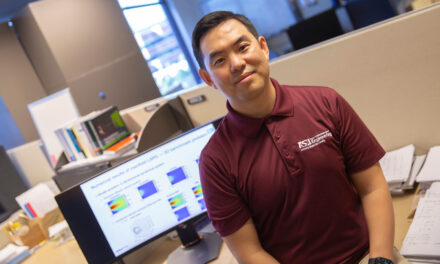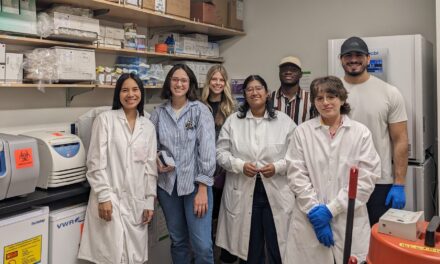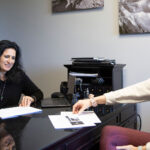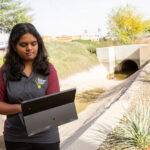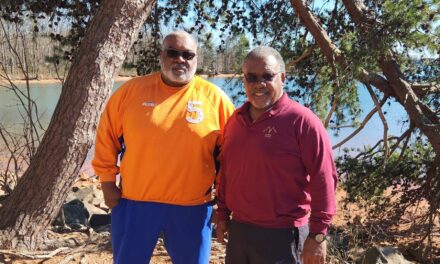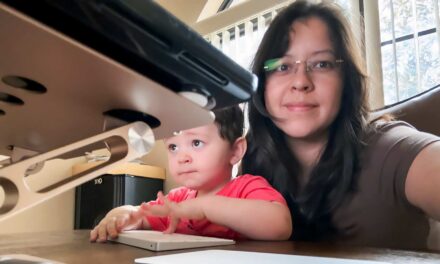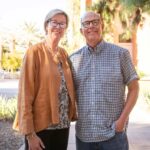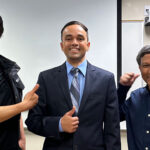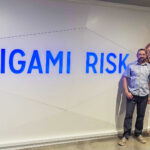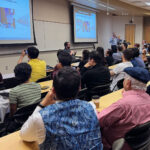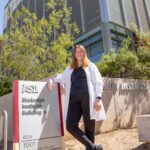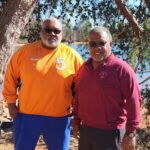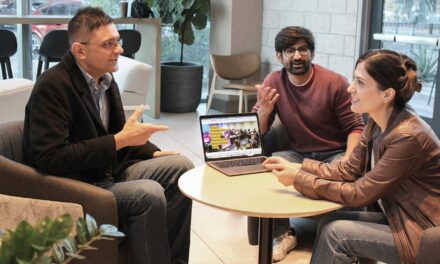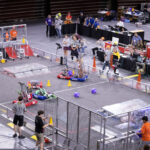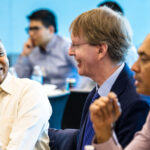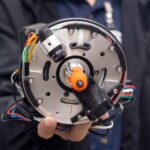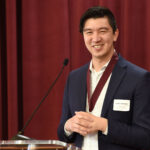
Mastering a sustainable future for the built environment
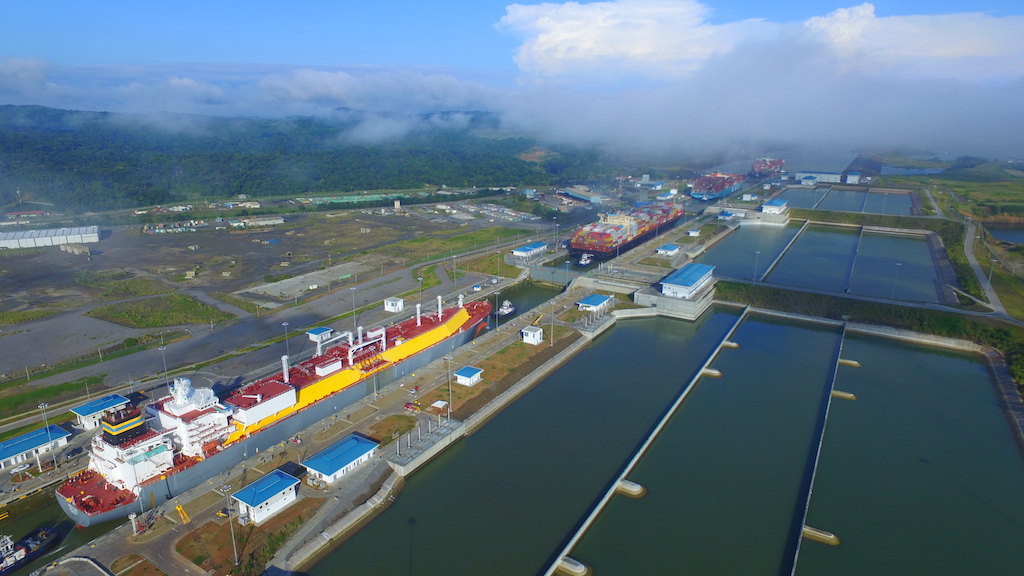
Editor’s note: Two Arizona State University online master’s programs are helping construction and engineering professionals advance their careers by bringing them up to speed on the latest developments in their industries. Part 2 covers the online Master of Science in Engineering in sustainable engineering. Read part 1 to learn about the online Master of Science in construction management.
The goal of sustainable engineering is to enable long-lasting improvement of the human condition. It transcends traditional engineering education by integrating considerations of complex social, environmental, political and economic factors into engineering theory and practice in order to achieve more economically, technically, environmentally, institutionally and socially efficient and robust solutions.
The School of Sustainable Engineering and the Built Environment, one of the Ira A. Fulton Schools of Engineering, offers a multidisciplinary professional online Master of Science degree in sustainable engineering. The degree is ideal for professionals and graduate level students with engineering and physical science backgrounds who wish to advance their careers or move toward incorporating sustainable engineering solutions and practices.
Courses in the degree program cover a range of topics, including areas such as earth systems engineering, industrial ecology, design for sustainability, life cycle assessment, environmental technologies, energy systems and conservation, green construction practices, water systems, transportation systems and sustainable technology systems.
Approved in 2014, the degree program is one of the newest in the Fulton Schools with its first student graduating from the program in fall 2018.
While earning their degrees, students have the option to choose a three-credit independent project where faculty mentors guide them to apply their classroom knowledge to solve a particular problem about which they are passionate, and which frequently involves real-world problems and challenges. In sustainable engineering, the possibilities are plentiful.
“A degree in sustainable engineering helps educate practitioners on how to solve problems, not just create cookie-cutter designs,” says ASU President’s Professor Brad Allenby, who authored the first textbook in sustainable engineering and teaches courses in the online program, “and thus makes them more useful as professionals, and more employable.”
As sustainability is far more than only engineering environmentally friendly building materials and energy sources, a cross-disciplinary approach is key to an effective education, Allenby says. Students of this program are exposed to sustainable engineering case studies that include the redesign of the Panama Canal, mining in Indonesia, making meat in factories instead of growing chickens and cattle and even the weaponization of information systems in American politics — which affects the viability and sustainability of democratic and pluralistic political systems.
“Emerging technologies pose unique ethical and institutional questions across all fields of engineering,” Allenby notes, “and the world needs professionals with the capability to provide sophisticated responses to such challenges.”
“[The Fulton Schools] draws on many different disciplines in creating a sophisticated and comprehensive sustainable engineering program,” Allenby says. “That’s one reason we renamed the Department of Civil and Environmental Engineering to the School of Sustainable Engineering and the Built Environment. We are the thought leaders in this space.”
The ASU online master’s degree in sustainable engineering courses are taught by faculty members who have previously worked in industry or who are research leaders in their fields.
T. Agami Reddy, SRP Professor of Energy and Environment with joint appointments in the School of Sustainable Engineering and the Built Environment and The Design School, is actively involved in this program. He has written textbooks on forward and inverse modeling and data analysis as applied to energy systems, on solar energy systems and on the heating and cooling of buildings. His current research areas in sustainability are in understanding how the basic concepts underlying sustainability science and resiliency of energy systems and other engineered infrastructures can be operationalized into pragmatic system design and operational decisions.
Mikhail Chester, an associate professor of civil, environmental and sustainable engineering and senior sustainability scientist also teaches in the program. Chester was recently invited as one of about 100 nationwide faculty considered leaders in research to participate in the National Academy of Engineering’s 24th annual U.S. Frontiers of Engineering symposium. The event focused on fostering effective, substantive and inspirational engineering education.
Chester shared his own research of how infrastructure could break down in the face of extreme climate events and ways engineers can build more resilient and reliable infrastructure. He also conducts research to understand how infrastructure affects human behaviors and how engineers of all specialties can design for a more productive, efficient, environmentally and socially responsible future.
As director of the Metis Center, Chester is coordinating research to answer questions of whether our species can shape the world responsibly, rationally and ethically. He and other researchers at ASU are providing the basis for understanding, designing and managing the complex systems humans build alongside natural systems — and how to build them sustainably — through a combination of research, teaching, outreach and public service. The Metis Center’s Resilient Infrastructure Laboratory develops insights and solutions to ensure infrastructure delivers services, protects people and adapts into the future.
A particular strength of the sustainable engineering online master’s program is that it offers students resources beyond the Fulton Schools, such as classes and opportunities for research in the School of Sustainability and research initiatives such as Healthy Urban Environment.
Matthew Fraser, a professor of civil, environmental and sustainable engineering and senior sustainability scientist, is also a co-director of ASU’s newly launched HUE initiative.
“HUE is seeking to develop, test and deploy novel technologies to help mitigate urban heat and air quality,” Fraser says. “We seek to partner with local governments and companies to see the innovative solutions developed at ASU to help mitigate urban heat and air quality — two of the most pressing concerns in urban Maricopa County.”
From sustainable engineering issues affecting ASU’s hometown to infrastructure and process challenges around the world, learning the latest strategies in sustainable engineering can help create a positive future for humanity.
Read Part 1 to learn about the online master’s degree in construction management.


